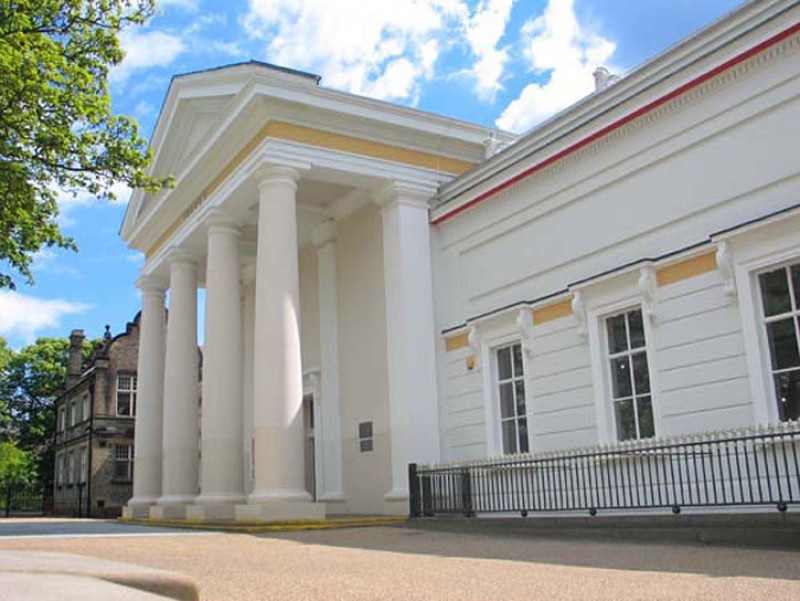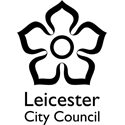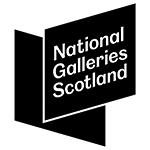
(b nr. Nolde, Schleswig-Holstein, 7 Aug. 1867; d Seebüll, 13 Apr. 1956). German painter and printmaker, one of the most powerful representatives of Expressionism. Born of a peasant family, he was originally a woodcarver and came late to artistic maturity. His studies took him from his native north Germany to Munich and Paris, and from 1906 to 1907 he was a member of the Brücke in Dresden, but he was essentially an isolated figure, standing apart from his great German contemporaries. He moved around a good deal in Germany and was well travelled elsewhere (in 1913–14 he visited Russia, the Far East, and the South Sea islands as part of an ethnographic expedition), but at times he lived almost like a hermit. His travel broadened his knowledge of the kind of primitive art that was then beginning to excite avant-garde artists, but Nolde had already established the essential features of his style before his contact with such art, and when the term ‘primitive’ is applied to his work it refers to its brutal force, not to any exotic trappings.
Text source: The Oxford Dictionary of Art and Artists (Oxford University Press)



